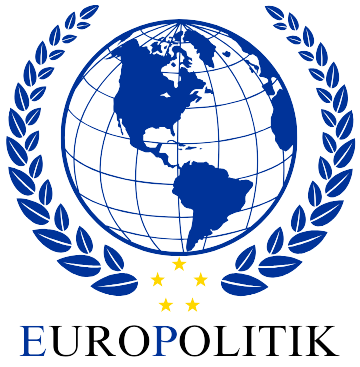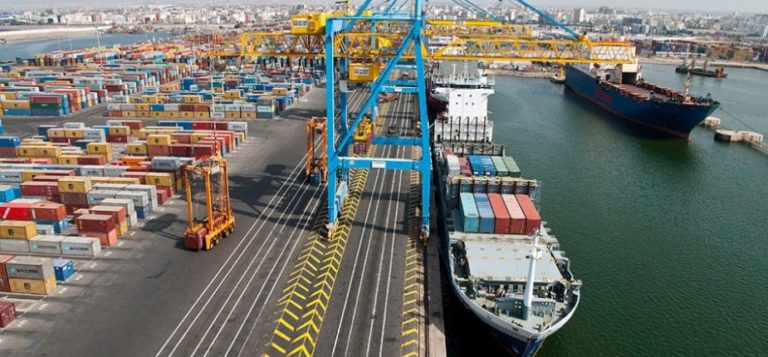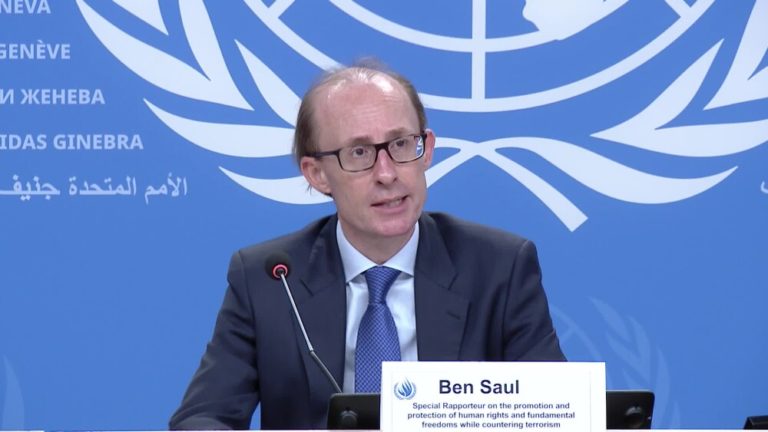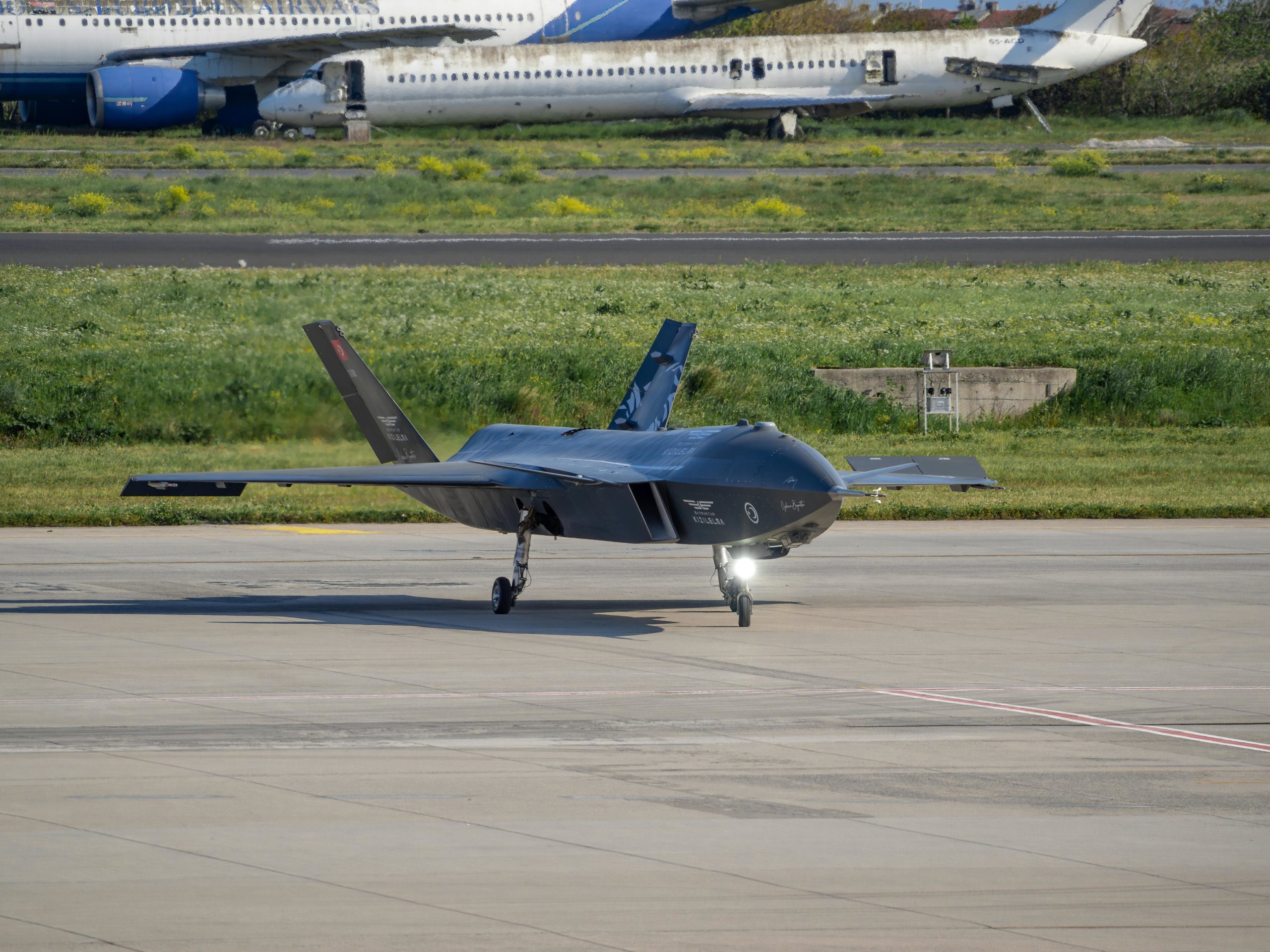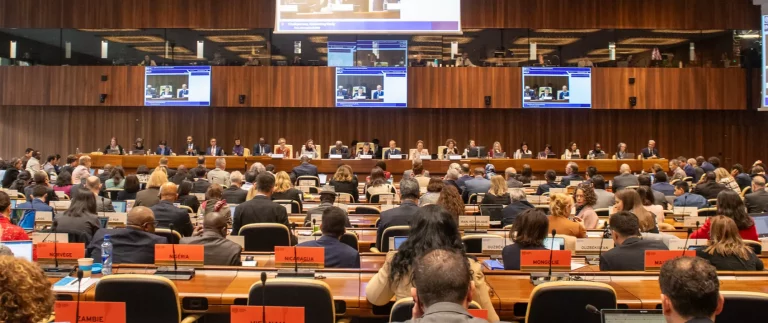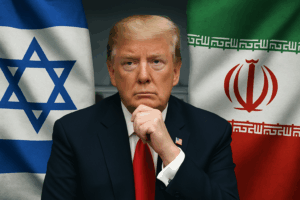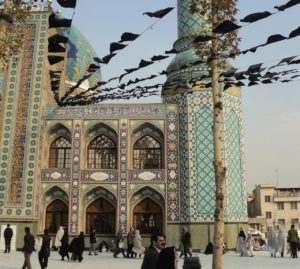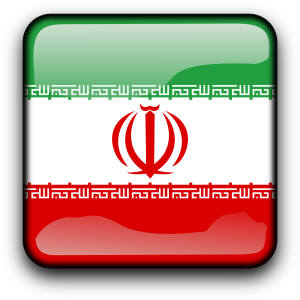As the United Nations marks its 80th anniversary, Secretary-General António Guterres delivered a powerful appeal in Berlin to rethink and strengthen peacekeeping operations.
Facing a surge in global conflicts and unprecedented challenges, the UN is urging member states to renew their political, financial, and strategic commitment to peacekeeping.
Speaking at a ministerial meeting on the future of peacekeeping, hosted in Berlin, the Secretary-General issued a solemn call to revitalize peace operations amid a world climate increasingly marred by conflict. Addressing an audience of foreign and defense ministers, Guterres thanked Germany for hosting the event and praised the collective dedication to peace, reminding attendees that UN peacekeepers remain one of the most powerful symbols of international solidarity. Deployed in major conflict zones, they strive to protect civilians, uphold ceasefires, facilitate humanitarian aid, and lay the foundations for lasting peace.
But these efforts, Guterres warned, are being challenged by “complex, interlinked, and increasingly transnational” threats. Misinformation campaigns targeting peacekeepers, terrorism, organized crime, the climate crisis, and ongoing violations of international law have made missions more difficult—and more dangerous.
Since the inception of UN peacekeeping, 4,400 peacekeepers have lost their lives in service. A moment of silence was held in Berlin in their honor. Guterres emphasized that peacekeeping relies on collective commitment, while underscoring the need to modernize approaches and tailor mandates to today’s realities.
The Secretary-General framed his address around three key priorities:
First, adapting missions to contemporary challenges. The “Pact for the Future” includes a review of peace operations to make them more agile and responsive to settings where peace is often elusive. Missions such as UNIFIL in Lebanon, MINUSCA in the Central African Republic, and MONUSCO in the DRC highlight the resilience and dedication of UN forces operating in highly volatile environments.
Second, improving the use of resources. Guterres stressed the importance of clear mandates and stable financing. With mounting budget constraints, he called for more flexibility in managing human and logistical resources and urged better coordination with troop-contributing countries.
Third, strengthening political support. “Without a political solution,” he warned, “peace operations are doomed to fail.” He called on member states to commit to durable solutions, provide strong political backing, and ensure the safety and legal protection of UN personnel.
Peacekeeping operations account for less than 0.5% of global military spending, Guterres noted—an investment that remains both effective and relatively low-cost. However, delays in payments and funding shortfalls are severely undermining their viability. “It is absolutely essential that all member states meet their financial obligations,” he insisted.
In a world marked by rising tensions, the UN remains, in the words of its Secretary-General, an indispensable pillar of peace and security. But it cannot succeed without reinforced support. Guterres closed his speech with a resounding call to action:
“Let us ensure that peacekeeping operations meet the challenges of our time, fulfill the expectations of member states, and respond to the legitimate needs of our peacekeepers—and the people they serve.”
